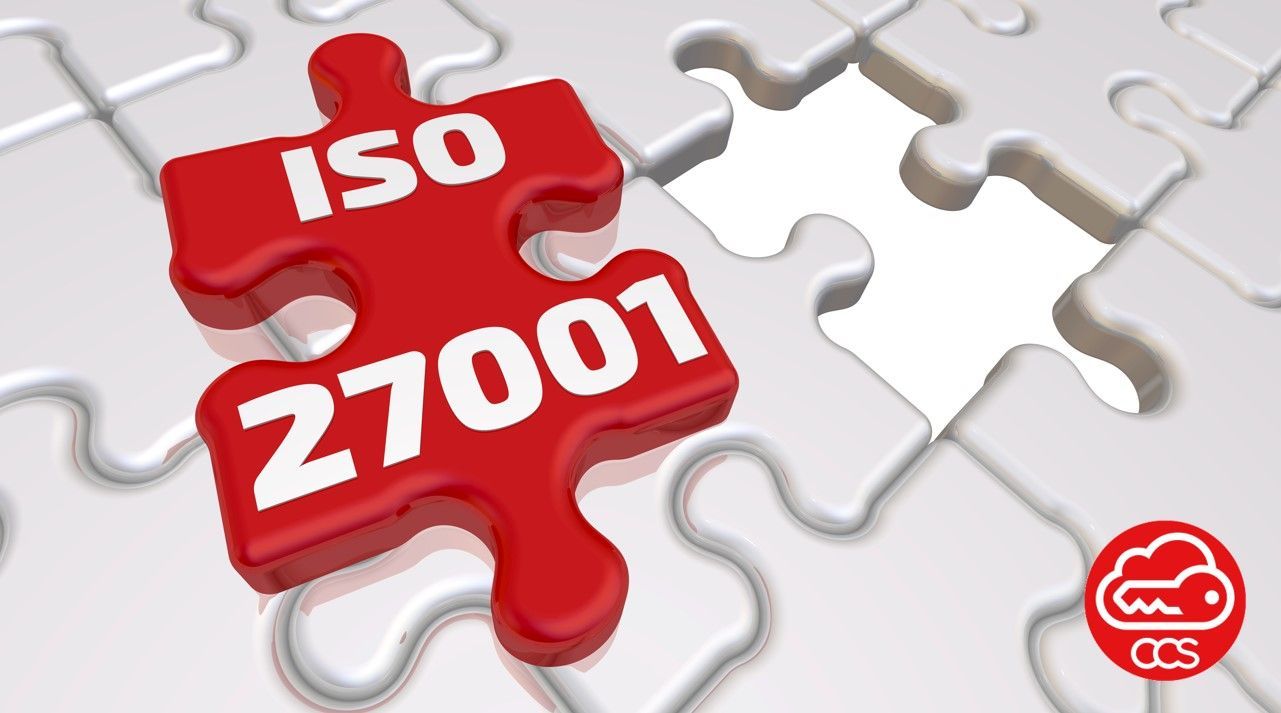Can ISO 27001 certification impact a company's reputation with stakeholders, employees, and customers?
In today's digital landscape, maintaining the security of sensitive information is paramount for organisations. Failing to protect data not only exposes businesses to significant risks but also damages their reputation with stakeholders, employees, and customers. ISO 27001 certification serves as a crucial tool for demonstrating an organisation's commitment to information security and mitigating potential reputational damage. This article explores how the absence of ISO 27001 certification can impact reputation and how obtaining the certification can help bolster trust and confidence among stakeholders, employees, and customers.
Not having ISO 27001 certification can indeed significantly impact a company's reputation with stakeholders, employees, and customers. The absence of this certification may raise concerns about the organisation's commitment to information security and its ability to protect sensitive data. Let's explore how ISO 27001 can help mitigate these risks and enhance reputation in specific areas:
- Stakeholders:
- Stakeholders, including investors, partners, and regulatory bodies, expect organisations to prioritise the security of their information assets. Without ISO 27001 certification, an organisation may face scepticism and doubts regarding its information security practices. ISO 27001 provides a globally recognised standard for establishing an Information Security Management System (ISMS). By obtaining ISO 27001 certification, an organisation demonstrates its dedication to systematically identifying and managing information security risks, earning the trust and confidence of stakeholders.
- Employees:
- Employees play a crucial role in maintaining the security of an organisation's information assets. A lack of ISO 27001 certification can raise concerns among employees about the organisation's commitment to safeguarding their data and ensuring a secure work environment. ISO 27001 helps address these concerns by establishing clear security policies, procedures, and guidelines. It promotes a culture of information security awareness and provides employees with confidence in the organisation's commitment to protecting their personal information and sensitive data.
- Customers:
- In an era of increasing data breaches and privacy concerns, customers prioritise the security of their personal information. Lack of ISO 27001 certification can undermine customer confidence in an organisation's ability to protect their data. ISO 27001 certification serves as proof that an organisation follows best practices in information security management, providing assurance to customers that their data is being handled with the utmost care and protection. It can be a differentiating factor when customers are choosing between vendors or service providers.
- Compliance and Regulatory Requirements:
- Many industries are subject to specific regulatory requirements related to information security, such as the General Data Protection Regulation (GDPR) in Europe or the Health Insurance Portability and Accountability Act (HIPAA) in the United States. ISO 27001 provides a framework that aligns with these regulatory requirements and helps organisations demonstrate compliance. By obtaining ISO 27001 certification, an organisation shows its commitment to fulfilling legal obligations, which can positively impact its reputation among regulators and authorities.
- Competitive Advantage:
- ISO 27001 certification can provide a competitive advantage in the marketplace. With the growing emphasis on data protection and information security, organisations that hold this certification differentiate themselves from competitors. Prospective clients and partners are more likely to choose a certified organisation over non-certified ones, recognising the added assurance that ISO 27001 brings in terms of information security practices. This certification can help organisations gain a reputation as a trusted and reliable partner in their respective industries.
ISO 27001 certification holds the potential to positively impact your reputation with stakeholders, employees, and customers. The certification demonstrates your commitment to information security, which enhances stakeholder confidence, promotes a secure work environment for employees, and builds trust with customers.
Stakeholders will value your ability to protect sensitive data, while your employees appreciate the assurance of data security. Customers, in particular, prioritise the protection of their personal information and are more likely to trust and engage with you because you hold ISO 27001 certification. Additionally, the certification provides you with a competitive advantage, positioning you as a trusted and reliable partner in the market.
Overall, ISO 27001 certification can significantly contribute to giving you a positive reputation, foster strong relationships, and drive business success.





